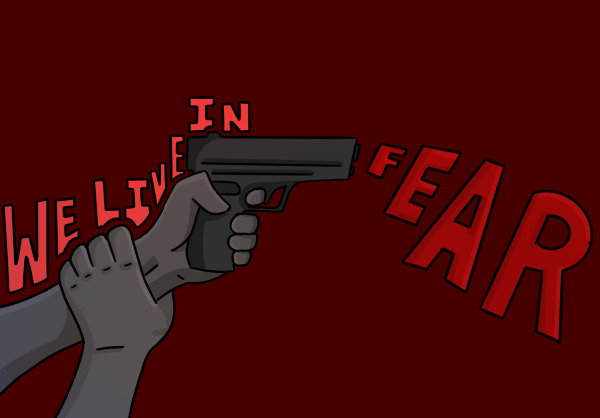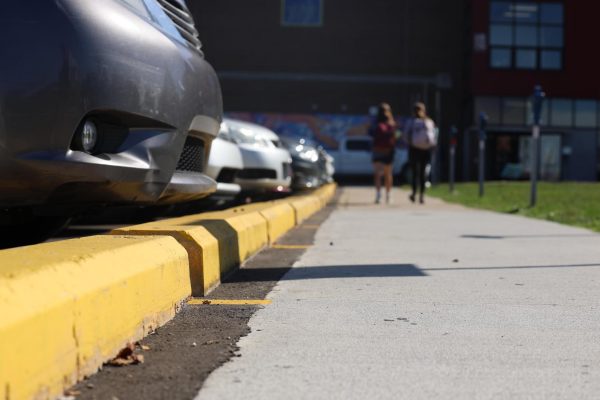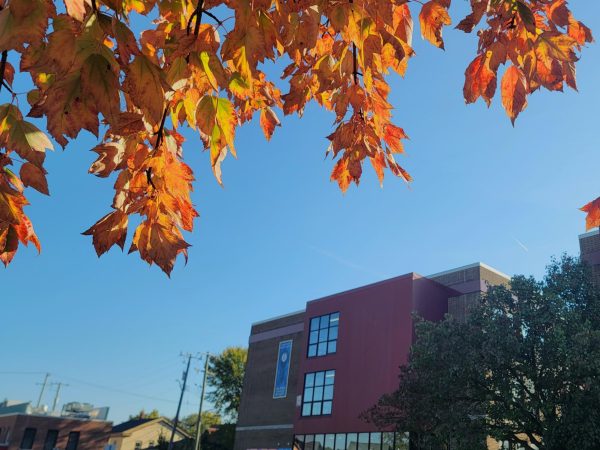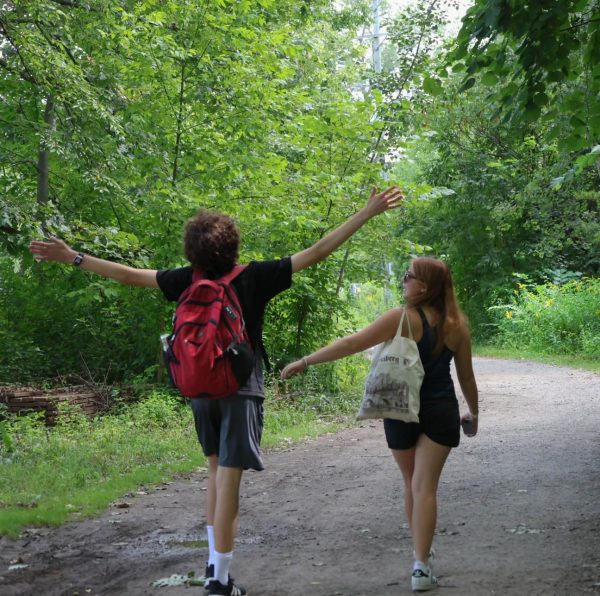A letter in defense of The Daily
An open letter to those criticizing The Northwestern Daily:
Grow up.
I’ll back up and give reference. I am a high school journalist. One of the editors of my school’s paper. And by attacking The Northwestern Daily, you are attacking all of us.
I see where you are coming from: Journalists apologizing for their work can seem like a step in the wrong direction, but journalists attacking other journalists is a leap in the wrong direction.
Jeff Sessions came to Northwestern University campus on Nov. 5 to speak to students. While there, a protest broke out among students against the presence of Sessions; campus police later came to break them up. The Daily photographer Colin Boyle rushed to the scene and started taking photos. He said that he was the only non-police camera at the protest, making his job that much more important.
Those photos, later posted (then deleted) on Twitter, showed these students from marginalized groups acting out against campus police in protest of a university speaker. When The Daily journalists made the decision to take down the posts, they cited it to the possible danger and trouble these protesters could get in.
“Any information The Daily provides about the protest can be used against the participating students — while some universities grant amnesty to student protesters, Northwestern does not,” their apology stated. “We did not want to play a role in any disciplinary action that could be taken by the University.”
Another reason the editors cited for pulling the article was that their policies and practices of how they were contacting people to interview were called into question. The journalists used the university directory to reach out to rally attendees. Students, in turn, felt like their privacy was being infringed upon.
To professional journalists across the country, this was the problem. But I beg to differ; what followed was the real problem.
The morning after The Daily journalists posted their response, professional journalists took to social media criticizing their behavior.
“This is called reporting,” said Amy Brittain, Washington Post reporter, on Twitter. “Why are you apologizing for it? Mind-boggling to read this editorial from student journalists who attend one of the top schools for journalism in the country.”
When Brittain criticized these journalists, she was not only attacking their actions but also in an indirect way arguing they are letting the name of Northwestern and Medill Journalism school down.
Or when Matt Pearce tweeted “I don’t doubt the sincerity of these student journalists. But I worry that if journalists keep ceding ground on when it is acceptable to do basic reporting, we eventually play into the hands of powerful interests who would love to criminalize journalism,” he told the journalists they were playing into the hands of those that discredit journalism. He, a journalist, was telling other journalists that they were actively helping the anti-journalist movement.
The behavior of adult journalists in response to this incident across the country is unacceptable. Student journalists are just that. They are students, learning the ways of journalism. Have these professional journalists forgotten how difficult it is to be respected, to be accepted by the world? And to criticize the people aspiring to be in the position they are currently in, is not the way the journalistic profession needs to act.
The reporters, 19 years old. The photographer, 22 years old. The editor, 21 years old. The critics? 32 and 35. The professional journalists need to grow up.
And some have. University of Montana Journalism professor and writer for ESPN, Kevin Van Valkenburg, said it best in a tweet three days after the apology was sent out: “We’re in big trouble if we climb the journalism ladder, forget how hard it was to climb, and also roll our eyes at those now trying to climb — while occasionally slipping — a much more treacherous and wobbly ladder.”
I hope as a student journalist, but also as a person, that when I do what I feel is right, I won’t be criticized and pushed back down the ladder by the people at the top, but instead lent a hand.
Sincerely, a learning journalist.
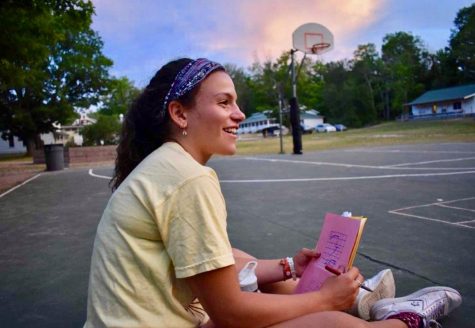
Cammi is in her fourth year on staff and is a senior at Community. This is her second year making up 1/4 of the print editor-in-chief team. When not working on The Communicator, she can be found playing golf and basketball for Skyline, lawyering at Mock Trial, singing camp songs off key at Camp Al-Gon-Quian or climbing trees. Cammi’s favorite part of journalism is when an interviewee says something special or powerful out of the blue. Two averagely fun facts about Cammi are that 1 ) she is scared of lightning but loves rain and 2) her favorite shape is a triangle.



